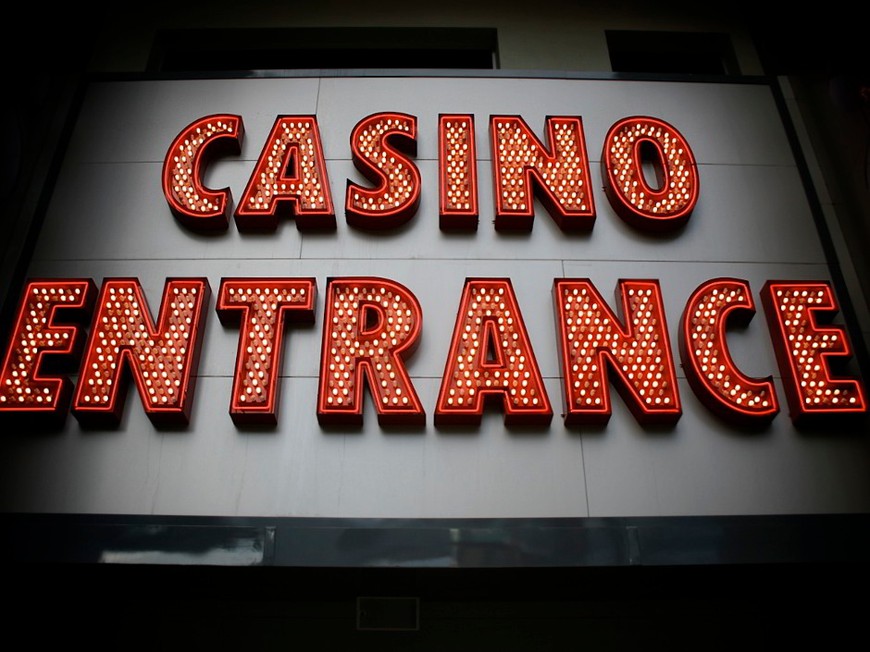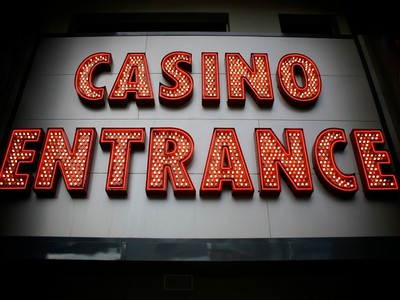

- Positive support for the introduction of regulated online gaming in Pennsylvania has come in a report published by the Legislative Budget and Finance Committee.
- The estimates prepared by consulting firm Econsult indicate “the total potential market for casino games is $178 million, and for poker it is $129 million.”
- In an illustrative estimate of the effect on land-based gaming revenues, the report suggests a range from minus $15m to plus $92m. “The balance of the evidence suggests that the impact would be on the positive side.”
A report published by the Legislative Budget and Finance Committee in Pennsylvania provides support for the introduction of regulated online gaming in the state.
“The Current Condition and Future Viability of Casino Gaming in Pennsylvania” includes forecasts of corporate and tax revenues that offer a strong incentive to regulate online gambling.
The estimates prepared by consulting firm Econsult indicate that the total potential market for casino games is $178 million, an for poker $129 million.
First year estimates are 60% of these figures.
The total of $307 million assumes that the state “does not experience similar technical glitches” to those experienced by the launch of online gaming in New Jersey.
The report assumes a tax rate of 20% of revenues for online poker and 60% for revenues of online slots, producing a combined forecast of $68m in tax revenues in year one rising to a steady $113m.
Land Based Casinos Likely to Benefit From Online Market
An important assumption the report made was that licenses for remote gaming would go to existing land based casinos. Under this scenario, their central projections were that casino revenues would receive a substantial boost.
The study examined the issue of revenue “cannibalization” and found that there was little existing research available on the subject. It was determined that there is a substantial difference in the market for online gaming and that for land based casinos.
From this it estimated that the introduction of regulated online gaming could actually increase casino revenues because of the potential for attracting online gamblers to brick and mortar casinos.
In an illustrative estimate of the effect on land-based gaming revenues, the report suggests a range from -$15m to +$92m.
“The balance of the evidence suggests that the impact would be on the positive side,” concluded the authors.
Online Gaming Customers vs. Traditional Gaming Customers
In support of its conclusion that online gaming will compliment land based casino business rather than cannibalize it, the report highlights the differences in tendencies of the typical online customer and those of the typical land based casino customer.
The ability to make smaller bet sizes and play multiple games at once, the convenience to play from home, around the clock availability and the avoidance of crowds are all factors that will appeal to a new base of customers.
According to the report, online gaming will help reach a new demographic of younger, higher income customers.
Instead of being seen as a substitution for land based gaming, the report concludes that online gaming will compete with other forms of home entertainment.
The Success of Gaming in Pennsylvania
The report states that gaming laws have allowed Pennsylvania to become the second largest gaming state after Nevada.
According to their figures, the gaming industry “generates nearly $1.4 billion in direct gaming tax revenue each year, while directly and indirectly supporting over 25,000 jobs. As a generator of tax revenue, the industry established by Pennsylvania’s gaming legislation may well be the best in the country.”
Tax Implications
The authors suggest that the tax rate of 20% on online poker should be a target, not the initial rate set by the state.
The report cites the competition from “gray” market operators as the reason for a lower initial rate so that the regulated operators are not put at a competitive disadvantage.
The report follows on from committee hearings where the executive director of the Pennsylvania Gaming Control Board testified that online gambling “can be effectively regulated” in the state.

